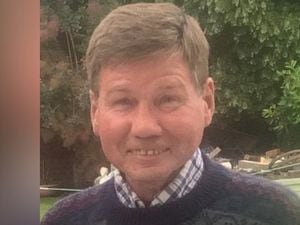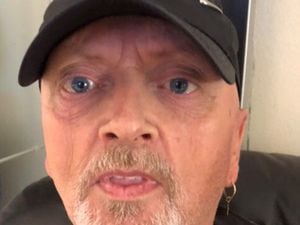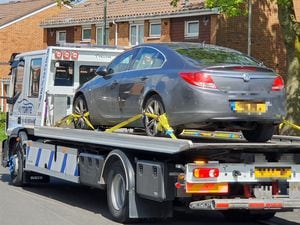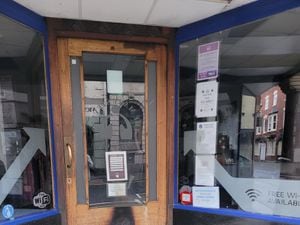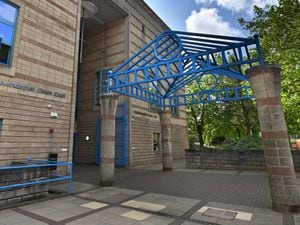Pensioner allegedly murdered by wife 'could have died from hospital morphine'
A terminally ill pensioner allegedly murdered by his wife in a mercy killing may have died as a result of morphine administered in hospital, a court heard.

Dennis and Mavis Eccleston were both found collapsed at their Cannock home by family members in an apparent suicide pact.
She had given him a potentially fatal cocktail of sleeping tablets and painkillers before taking a similar dose herself but survived. Mr Eccleston, 81, who had bowel cancer, died the following day.
But Professor Safa Al-Sarraj, a consultant neurologist, told a jury that pain relief administered to Mr Eccleston at the County Hospital, Stafford, may have caused or contributed to his death hours later.
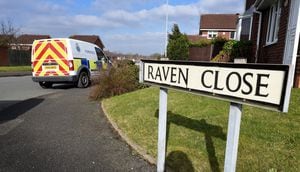
The retired pitman had become obsessed with taking his own life due to his fear of pain after doctors in 2015 had given him six months to live, Stafford Crown Court heard.
His wife Mavis, 80, who suffered from heart problems, had told their family that she wanted to die with him.
She gave him the drug overdose in the early hours of February 19 last year after he fell in the bedroom of their bungalow in Raven Close, Huntington, and she discovered a growth on his body she had not seen before, and realised the extent of the disease.
More from the trial:
Mrs Eccleston was charged with her husband's murder after allegedly telling hospital staff that he had not been aware she was giving him an overdose, a claim she later denied.
But Prof Al-Sarraj said it was possible that death could have been caused by the palliative use of morphine in hospital to ease his pain. He died less than five hours later.
The cocktail of prescription drugs would normally lead to swelling of the brain but that had not happened in Mr Eccleston's case, leading the professor to favour the explanation that death had been due to the therapeutic use of morphine.
He said he "could not rule out" the possibility that the initial overdose administered by Mrs Eccleston had led him to die but he told the jury there was more evidence to back the morphine explanation.
He added it could also be a combination of the two.
The prosecution needs to prove that the mixture administered by Mrs Eccleston played a "significant" part in her husband's death.
Dennis Eccleston had refused treatment for his cancer diagnosis and signed a 'do not resuscitate' form in the event of a deterioration in his condition.
Earlier his son Kevin Eccleston told the court that his parents had asked him to "finish them off" if they failed in their dual-suicide bid.
The couple also claimed to have been harassed by neighbours.
Mrs Eccleston denies murder and manslaughter. The trial continues.

